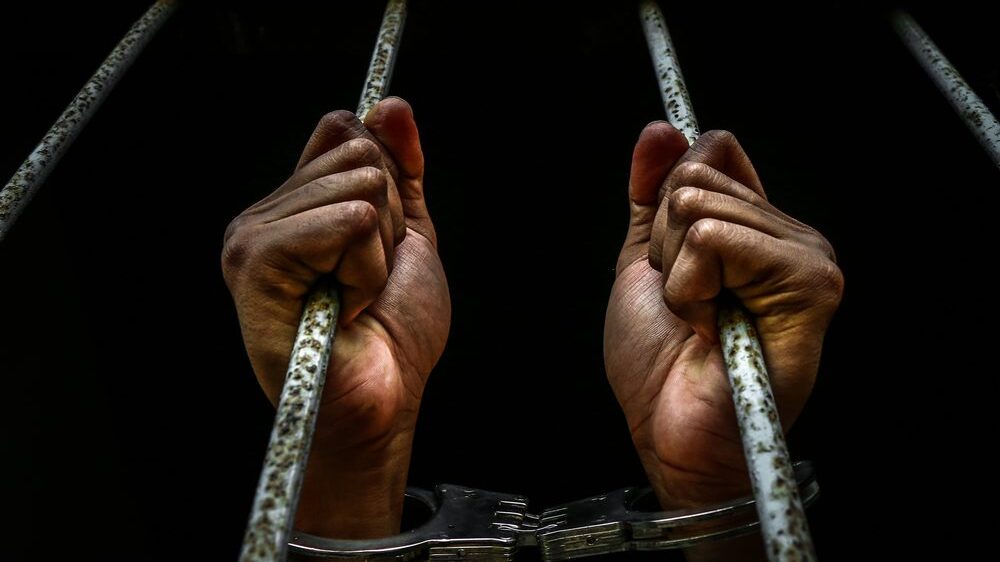
The riots that rocked France earlier this month saw youths in several different cities commit acts of violence against police as well as set fire to various buildings and loot many shops around the country.
The damage caused by the rioters in their several days of violence was estimated by insurers to total at least €650 Million, more than three times the amount totalled for the three-week-long riots in Paris’ suburbs in 2005.
Thousands were arrested by French authorities during the rioting, which was sparked by the fatal shooting of a teenager named Nahel by a French police officer in the Paris suburb of Nanterre.
This week, French Minister of Justice Eric Dupond-Moretti announced that as of July 19th, there had been a total of 1,278 judgements on rioters and that 95% of them had been convicted of crimes, a report from the newspaper Ouest France notes.
Of the 1,056 rioters sentenced to some form of imprisonment, 742 were sentenced to actual prison time while others will likely have received suspended sentences. Minister Dupond-Moretti announced that the average sentence was around 8.2 months in prison and so far 600 people were already behind bars serving their sentences.
Dupond-Moretti added that the French state’s goal was “to remind young people that Snapchat is not a hideout,” stating the state was able to find rioters using social media to organise rioting and violence.
The use of social media during the riots became a topic of discussion as French President Emmanuel Macron floated the idea of banning social media platforms like Snapchat and Tik Tok due to their use by rioters.
“We need to have a reflection on social networks, on the bans that must be put in place. And, when things get out of hand, maybe you have to put yourself in a position to regulate or cut them,” President Macron said in early July.
“Above all, we shouldn’t do this in the heat of the moment and I’m pleased we didn’t have to. But I think it’s a real debate that we need to have in the cold light of day,” he said.
Macron’s comments were met with hostility from political opponents, who accused him of wanting to enact totalitarian policies like those seen in countries like Iran or China.
European Union Internal Commissioner Thierry Breton later echoed the French leader saying that social media platforms would be forced to remove calls for violence and illegal activity under new EU content laws set to come into force next month.
“When there is hateful content, content that calls—for example—for revolt, that also calls for killing and burning of cars, they will be required to delete [the content] immediately,” Breton said.
“If they fail to do so, they will be immediately sanctioned. We have teams who can intervene immediately,” he stated and went on to add, “If they don’t act immediately, then yes, at that point we’ll be able not only to impose a fine but also to ban the operation [of the platforms] on our territory.”
The French Minister of Justice also spoke on the roles and responsibility of the parents of the rioters saying, “I also recalled the civil obligations of parents, because they must know that it is they who pay the bill for the damage committed by their children,” adding, “The state is not responsible for everything and cannot be responsible for everything.”
The riots were also linked by some to the immigration policies of President Macron and his forebears, and a report from French media revealed that Mohammed was the most common name among the arrested rioters, with several other Arab-Muslim names also appearing quite frequently.
